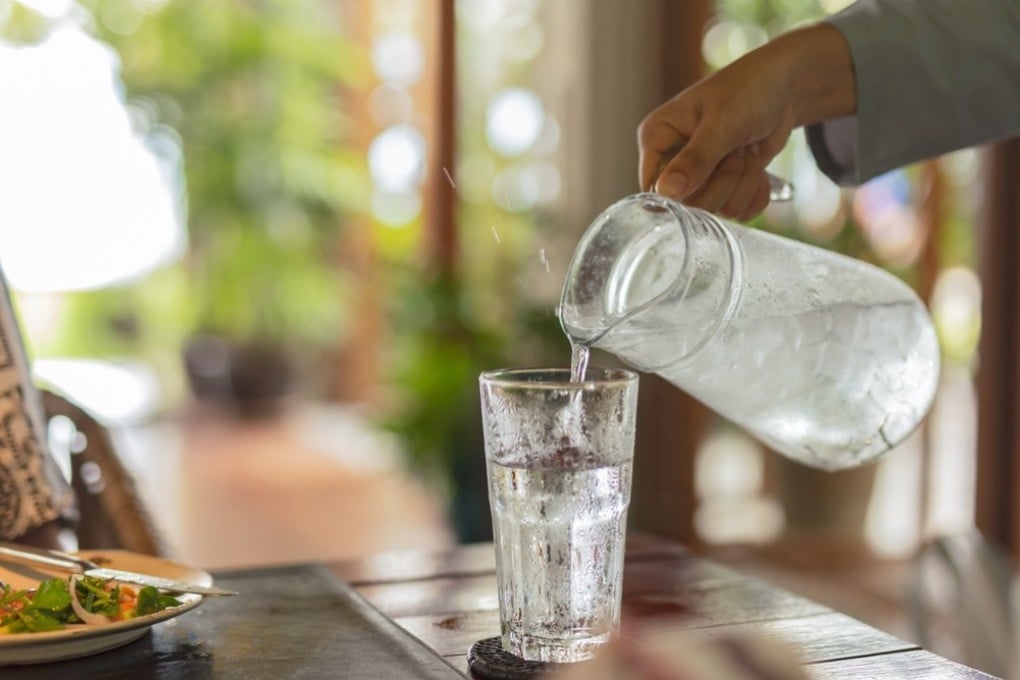Malaysia gets 3 metres of rainfall a year yet millions don’t have enough clean drinking water. Why?
- Clean water and sanitation recognised as basic human rights by UN almost 13 years ago, but water problems abound in many countries, including Malaysia
- This year’s UN water conference hopes to tackle issue; Malaysia expert says climate change, poor management, excessive demand, subsidised bills are not helping

Well used to her routines and the region, the pensioner has also had to become somewhat resigned to turning on her tap and filling a glass with water that resembles milky tea.
In 2021, she said, dirty H20 was almost a daily occurrence, and over the decades she has regularly installed filters to ensure she has something she can drink and cook with that will not damage her health.
“It is so frustrating when the local government doesn’t care and we are told to be grateful to even have water,” she added.
Zainun is far from being the only Malaysian to be dealing with such water problems. Clean water and sanitation were explicitly recognised as basic human rights by the United Nations back in July 2010, but almost 13 years on around two million citizens in the Asian nation do not have access to clean H2O, while more than five million do not have access to safe sanitation services.
Complaints about a lack of clean water, or whether there is water actually coming out of the tap, are still frequently heard in Malaysia. Rural and urban areas both face water problems caused by contamination and a lack of services.